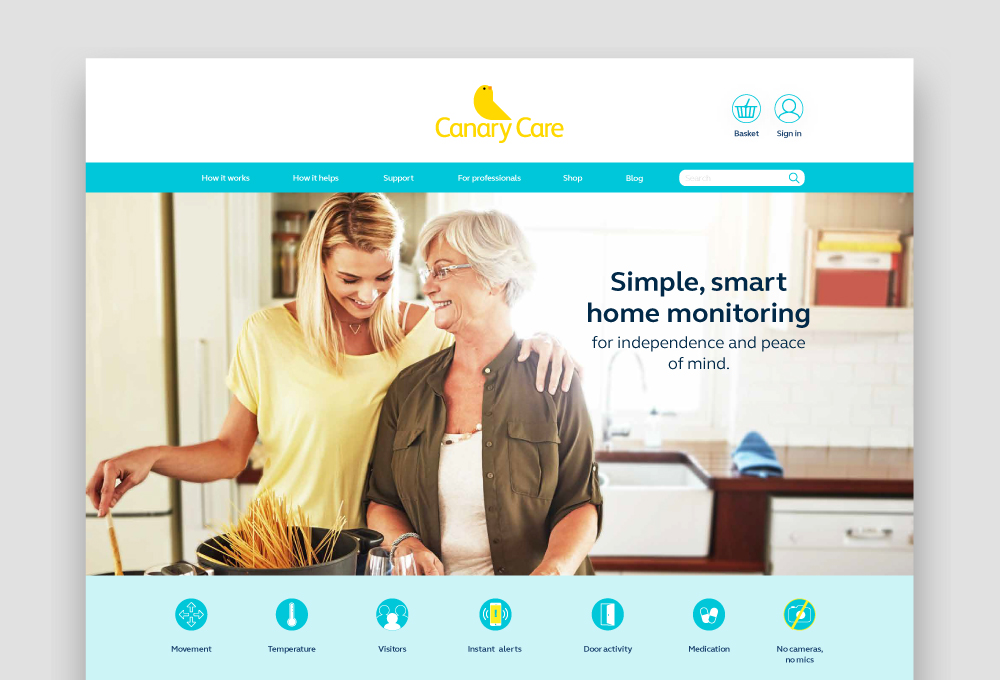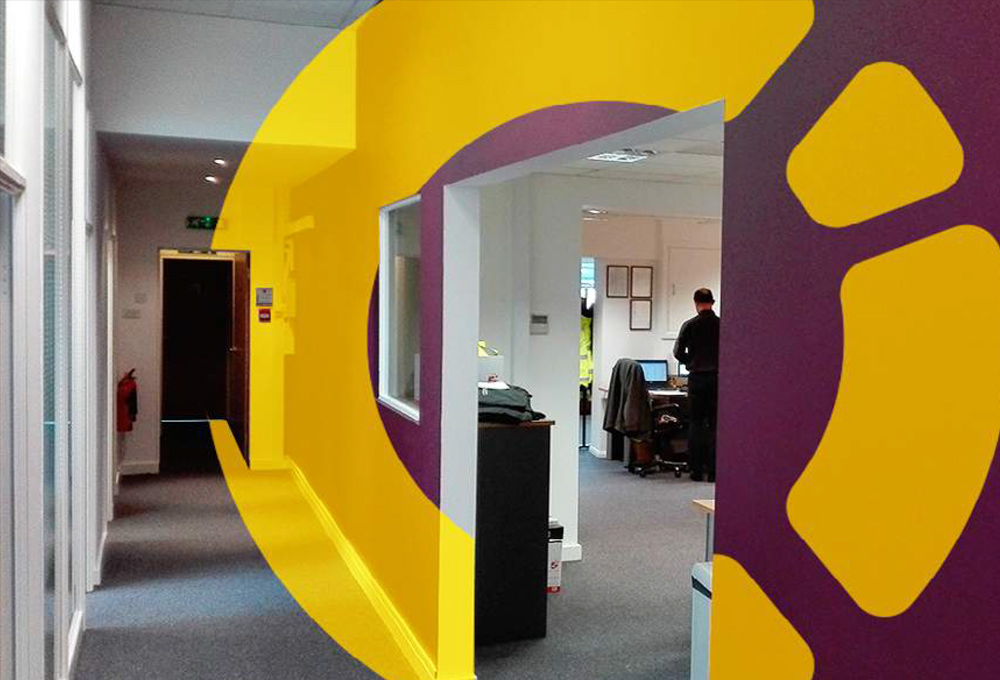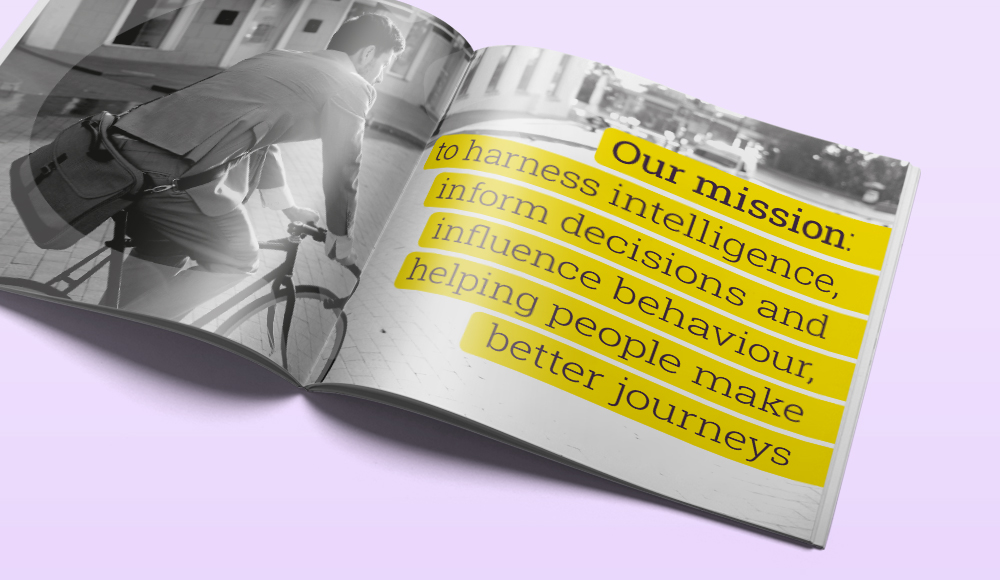Technology, Innovation & Fast-growth: the battle for the brightest

According to the leading economic thinktank, the Paris-based Organisation for Economic Cooperation and Development, it won’t be long before robots take 66 million of our jobs. But while it’s true that AI, automation, chatbots and other technological advances are going to play a much bigger part in the workplace, successful enterprises know their most valuable asset is – and possibly always will be – their people.
As a fast-growing business, your product or service is dependent on the team that’s designing, testing, marketing, supporting and selling it. But attracting and retaining the best talent is a serious challenge. The best people are in high demand, and competitive salaries and benefit packages alone may not be enough to recruit the individuals you need to keep growing.
Here are five things we’ve learnt from helping other fast growing-businesses recruit and retain the best talent.
1. Be clear who you are and what you stand for
In our experience, businesses with a clear sense of identity and purpose are the most attractive to employees. That’s because these businesses offer the opportunity to be part of something much bigger than a mere job.
Technology businesses generally have a head start here, typically creating something innovative that will in some way make a demonstrable and positive difference to people’s lives. It’s the simplification of what the benefit is, as opposed to the genius of product, that is often overlooked.
We have a proven track record of helping fast-growth businesses bring clarity to what they really stand for and articulate it in a manner that resonates with, and wins the attention of, top talent.
Take our client Clearview Intelligence (formerly Clearview Traffic) for example. After four decades in road safety and traffic monitoring products, the business had lost sight of its raison d’etre, becoming product-centric at the expense of truly understanding why the business did what it did. Our work with the leadership team helped crystallise Clearview’s purpose – at its very simplest ‘to make journeys work’ – before bringing that to life through a revitalised identity, inclusive of a name change. The result was not just a re-energised business, with existing employees really feeling part of something, but a step-change in the perception of the company from a recruitment perspective with radically improved first impressions.
2. Stop being just a business, start being a brand
The Chartered Institute of Personnel and Development (CIPD) has been focused on recruitment and HR issues for over 100 years. The CIPD defines a brand as “a set of attributes and qualities, often intangible, that makes an organisation distinctive, promises a particular kind of employment experience, and appeals to those people who will thrive and perform best in its culture.”
Our client Canary Care is an excellent example of the benefits of the transformation from business to brand. It had developed an innovative product that enabled elderly people to remain independent for longer in their own homes. As a business, Canary Care was weighed down by the emotional baggage of the problems it was trying to solve. It was easy for potential employees to overlook just what an exciting, innovative and go-getting organisation Canary Care would be to join.
With the help of a website redesign, we re-positioned Canary Care as positive, ‘can-do’ and solutions-focused to appeal to potential talent – and of course customers.

3. Understand what motivates
A study by Forbes showed that replacing a key person (defined as someone whose departure would disrupt workflow and delay projects) can cost businesses between 70% and 200% of that person’s remuneration package. For a fast-growing business, the impact can be more critical: the knowledge gap and cultural implications of losing a key person can have a much wider, more dangerous effect on the immediate and long-term future.
What’s more, the reasons to put time and effort into employee engagement go beyond retention: it’s also been shown to improve output. According to Gallup, teams of engaged employees are 21% more productive. So what can you do to ensure you not only bring top talent on board, but just as importantly, keep them there?
There’s an infinite amount of research and enlightening insights available on the subject (and science) of what makes a great place to work. Too much to reference here, though Daniel Pink’s book, ‘Drive’, stands out in particular, and is supported by our own experience of working with so many businesses over the last two decades. Daniel cites three intrinsic drivers of motivation and engagement. One, the need for autonomy – to have the space to think, to operate how we want to, and direct our own lives and time. Two, the desire for mastery – to simply get better at something and in turn enjoy a feeling of progress. And thirdly, as already covered, having a sense of purpose – the feeling that what we are doing is making in some way, a large or small contribution. A focus on these themes, whether consciously or otherwise, is something the majority of the most successful technology businesses we have been fortunate enough to work with, have in common. We’re mindful of these drivers at mark-making* as well, which has undoubtedly played a role in our well-above industry standard retention rates, and to being recognised in Campaign’s Top 50 Best Places to Work 2017.
4. Create a workplace that reflects your culture and values
Talk to a workspace design consultant and they’ll tell you all about the symbiotic relationship between people and their built environment. It’s certainly our experience that a well-designed workspace reflecting your culture and values can be the catalyst that attracts the best talent and transforms how your organisation operates, collaborates and performs. It can improve the health, wellbeing and productivity of individual employees too.
From its layout to its aesthetic appearance, you don’t have to ‘do a Google’ and spend millions to make your workplace something inspirational.

5. Be single-minded when you recruit
A fast-growing business means everything gets bigger quickly: the client base, the office space, the headcount, the risks…
Going from a start-up to a growth-stage business relies on building a strong team of people to lead the business in the right direction. There’s plenty of talk about a talent shortage, but writing in Marketing Week, Colin Lewis argues that there’s no talent shortage at all, just a broken recruitment system.
“Job advertisements are so tightly written that there is possibly only one person in the world that can do the job – often that person is Jeff Bezos or Mark Zuckerberg, but they are not available.”
Another common recruitment mistake is to write a job ad with a huge list of mostly unrelated requirements. Again, Colin Lewis puts this beautifully:
“If you were hiring a carpenter, would you expect them to be an expert at plastering, proficient at rewiring and competent at carpet-fitting? Even if someone were available with 100% of the skills needed to do the job, they’d be unlikely to apply for it, as there would be no development opportunity.”
Our advice? Focus your recruitment ad on the most important skill your business needs to sustain its growth and that your applicant requires. And if you discover they bring something else useful to the party further down the line, that’s a bonus.
The last word…
Goes to Amazon.com founder Jeff Bezos. He says:
“Your brand is what other people say about you when you’re not in the room.”
So a brand for a business is like a reputation for a person. And just as you wouldn’t want to work for an individual you didn’t understand, didn’t like or trust and didn’t know where they were heading, the same applies to your business.

About Alastair
Alastair Williams
Founder & Creative Director